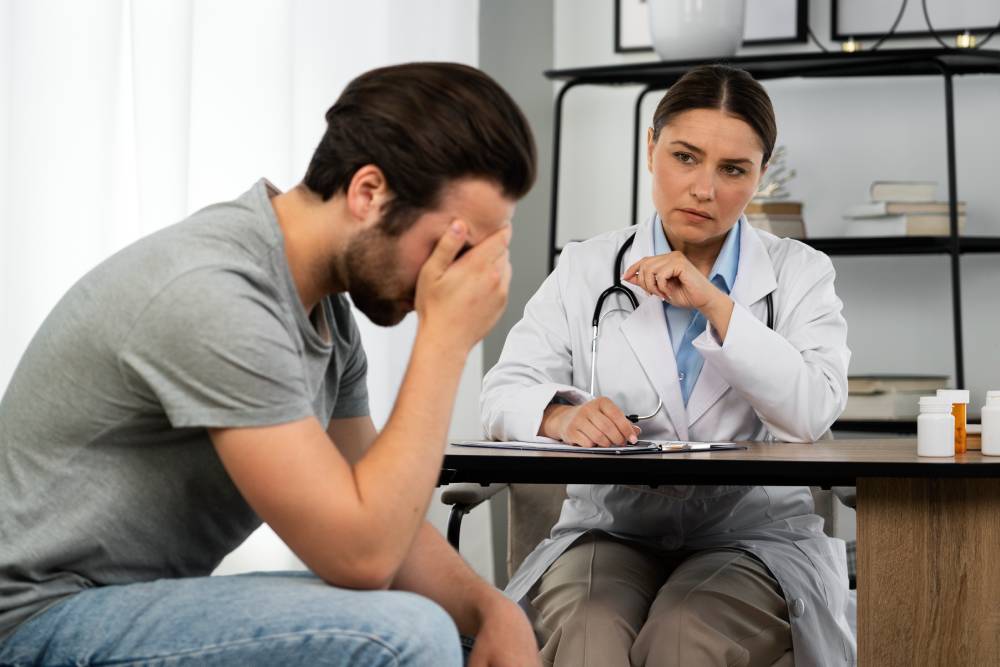24/7 Professional Rehab Services

As you undergo MAT in New Jersey, involve your loved ones in your recovery journey. They can offer encouragement, hold you accountable, and help you navigate the challenges that may arise.

CBT is effective for many different problems, including when someone finds it hard to stop using drugs or alcohol. It helps individuals handle difficult situations by adjusting their thoughts and actions.

This collaborative environment enables individuals to understand their addiction and the recovery process better, leading to personal growth and lasting change.

Recovery from substance abuse is possible, and the first step is seeking help. Reach out to a drug rehab in New Jersey to start your journey toward healing and a better future.

At the center, we treat individuals who face substance use disorder and mental health challenges. With dual diagnosis, we address both conditions altogether, recognizing their interconnected nature.